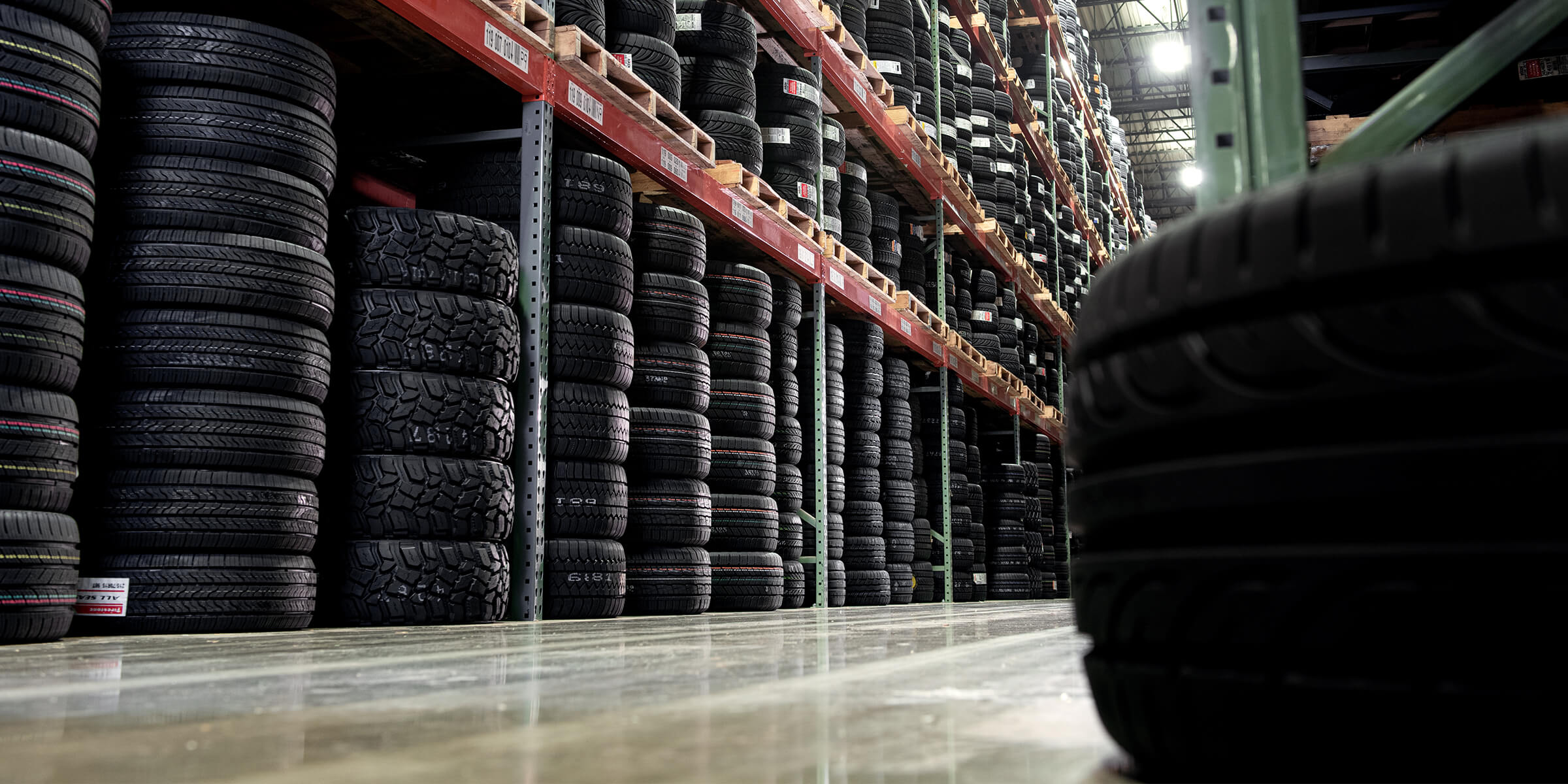The Ecological Benefits of Appropriate Tire Maintenance
Keeping correct tire care is commonly ignored, yet its effect on the environment is extensive. Proper tire maintenance not only extends the lifespan of tires yet likewise reduces landfill waste and contributes to enhanced air high quality.
Reduced Fuel Usage
Improving tire maintenance practices can lead to a substantial reduction in gas consumption for cars. According to the United State Department of Energy, underinflated tires can decrease gas mileage by 0.2% for every 1 psi decrease in stress in all four tires.
Along with tire stress, regular tire rotations and positionings likewise play an important duty in fuel efficiency. Erratically used tires can boost fuel consumption as the engine works harder to preserve rate and grip. By keeping appropriate placement and turning tires at advised intervals, drivers can make certain also extend the life and put on of their tires, eventually conserving fuel and decreasing their carbon impact.
Extended Tire Lifespan
Extending the life-span of tires is a crucial facet of efficient lorry maintenance methods that can generate cost financial savings and ecological benefits in the lengthy run. By correctly keeping tires, vehicle drivers can substantially extend their usability, minimizing the frequency at which new tires require to be manufactured and old ones taken care of. This not only preserves useful resources yet likewise lessens the energy and exhausts linked with tire manufacturing and disposal procedures.
On a regular basis examining tire stress, rotating tires, and ensuring proper placement are crucial action in extending tire lifespan. Ample step depth is vital for optimum traction and safety, yet it likewise contributes in the length of time tires can be made use of before requiring replacement. Furthermore, staying clear of aggressive driving behaviors that increase tire wear, such as rough stopping and sharp turns, can further improve tire longevity.
Ultimately, raising the long life of tires through aggressive maintenance not only profits the atmosphere by reducing waste and saving resources yet likewise causes set you back financial savings for car proprietors by delaying the demand for brand-new tire purchases.
Reduced Discharges Result
Effective tire maintenance methods contribute to a reduction in emissions outcome, straightening with environmental sustainability goals in the automotive industry. Effectively inflated tires, routinely rotated and aligned, can improve gas effectiveness, hence reducing the general carbon dioxide emissions from automobiles. When tires are underinflated, the engine has to function more difficult to push the vehicle, causing boosted fuel intake and greater emissions. By keeping optimal tire pressure degrees, vehicle drivers can assist minimize these negative environmental influences.
Furthermore, well-maintained tires likewise improve traction and reduce rolling resistance, better enhancing gas performance. This, in turn, minimizes the quantity of exhaust gases released right into the environment. Furthermore, making certain tires are correctly pumped up and straightened can expand the lifespan of the tires, decreasing the regularity of tire substitutes and the associated environmental why not check here prices of tire production and disposal.

Reduced Landfill Waste
Offered the positive influence of appropriate tire upkeep on decreasing emissions result, another substantial ecological benefit is the possibility for lowered land fill waste. When tires are not preserved properly, they break much faster and require to be replaced more frequently. This results in a greater quantity of made use of tires being taken care of in landfills. By making certain that tires are correctly inflated, straightened, well balanced, and rotated frequently, their life-span can be substantially expanded. This suggests that less tires wind up in landfills, lowering the amount of non-biodegradable waste in these currently overruning websites.

Improved Air High Quality
Enhancing air high quality with proper tire upkeep practices is an important aspect of sustainable environmental stewardship. When tires are underinflated, they create extra rolling resistance, leading to boosted gas consumption and higher emissions of damaging toxins such as carbon monoxide gas and nitrogen oxides. Properly filled with air tires not just improve gas performance but also lower the quantity of contaminants released into the air.
Moreover, well-kept tires see page with correct step deepness and positioning contribute to much safer driving problems, reducing the possibility of crashes that can cause the launch of extra toxins right into the atmosphere. By extending the life-span of tires with routine upkeep and turning, fewer tires are disposed of prematurely, lowering the environmental effect of tire disposal and manufacturing processes.
Final Thought
In verdict, correct tire maintenance uses many ecological benefits. It is crucial for people to prioritize tire upkeep as a simple yet efficient method to safeguard the environment for future generations.
Appropriate tire maintenance not only expands the life expectancy of tires but also decreases land fill waste and adds to enhanced air top quality - tire shop near me. By maintaining correct alignment and revolving tires at recommended intervals, motorists can make sure also extend the life and wear of their tires, eventually saving fuel and minimizing their carbon footprint
By correctly keeping tires, motorists can substantially prolong their usability, minimizing the regularity at which brand-new tires need to be manufactured and old ones disposed of.On a regular basis checking tire pressure, revolving tires, and making sure appropriate positioning are crucial steps in expanding tire lifespan. In addition, guaranteeing tires are correctly pumped up and aligned can prolong the life expectancy of the tires, lowering the frequency of tire substitutes and the connected ecological expenses of tire manufacturing and disposal.